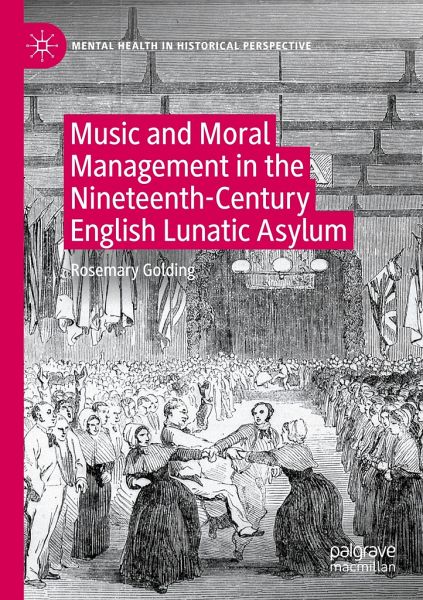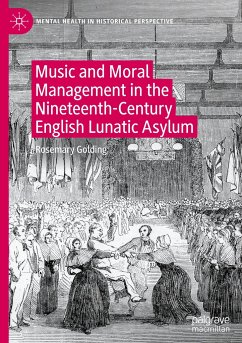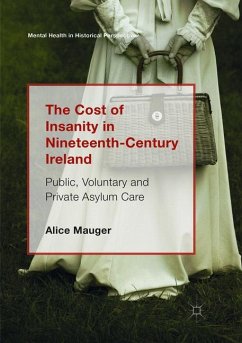
Music and Moral Management in the Nineteenth-Century English Lunatic Asylum
Versandkostenfrei!
Versandfertig in 6-10 Tagen
42,99 €
inkl. MwSt.
Weitere Ausgaben:

PAYBACK Punkte
21 °P sammeln!
This book traces the role played by music within asylums, the participation of staff and patients in musical activity, and the links drawn between music, health, and wellbeing. In the first part of the book, the author draws on a wide range of sources to investigate the debates around moral management, entertainment, and music for patients, as well as the wider context of music and mental health. In the second part, a series of case studies bring to life the characters and contexts involved in asylum music, selected from a range of public and private institutions. From asylum bands to chapel c...
This book traces the role played by music within asylums, the participation of staff and patients in musical activity, and the links drawn between music, health, and wellbeing. In the first part of the book, the author draws on a wide range of sources to investigate the debates around moral management, entertainment, and music for patients, as well as the wider context of music and mental health. In the second part, a series of case studies bring to life the characters and contexts involved in asylum music, selected from a range of public and private institutions. From asylum bands to chapel choirs, smoking concerts to orchestras, the rich variety of musical activity presents new perspectives on music in everyday life. Aspects such as employment practices, musicians' networks and the purchase and maintenance of musical instruments illuminate the 'business' of music as part of moral management. As a source of entertainment and occupation, a means of solace and self-control, and asa device for social gatherings and contact with the outside world, the place of music in the asylum offers valuable insight into its uses and meanings in nineteenth-century England.














